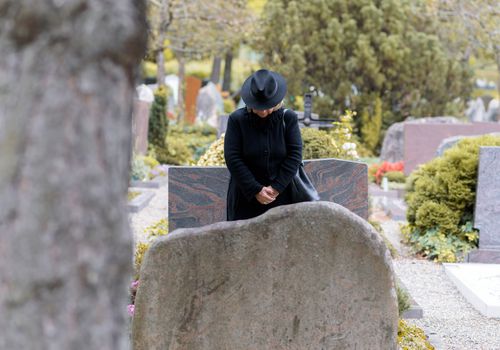Legacy Design Strategies
Omaha, NE, Minot, ND and Iowa Fall, IA Estate Planning and Elder Law Firm
Estate Planning and Elder Law Blog

Life events require planning, even the most heartbreaking, like the death of a spouse. Spouses ideally create a blueprint together so when the inevitable occurs, they are prepared, says the article “The important financial steps to take after a spouse dies” from The Globe and Mail. It may sound cold to take a business approach, but by doing so, the surviving spouse will know what to expect and what to do.
Some people use a spreadsheet to clearly see what their financial picture will look like before and after the death of a spouse.
There are pieces of information that are vital to know:
Many people are wholly unprepared and have to tackle their entire financial situation immediately after their spouse dies. If they were not involved in family finances and retirement planning, it can lead to costly mistakes and make a difficult time even harder.
If assets are owned jointly with rights of survivorship, the transition and access to finances is easier. If the accounts are only in one name, the surviving spouse will have to wait until the estate goes through probate before they can access funds. If there are bills to pay, the surviving spouse may have to tap retirement funds, which can come with penalties, depending on the accounts and the surviving spouse’s age.
All of this can be avoided by taking the time to create an estate plan which includes planning for asset distribution and may include trusts. There are many trusts designed for use by spouses to take assets out of the probate estate, provide an income source and minimize taxes. Your estate planning attorney will be able to help prepare for this event, from a legal and practical standpoint.
What happens when there’s no will?
No will usually indicates no planning. This leaves spouses and family members in the worst possible situation. The laws of your state will be used to determine how assets are distributed. How much a surviving spouse and descendants will inherit will be based solely on the law. The results may not be optimal for anyone. It’s best to meet with an estate planning attorney and create a will.
Reviewing beneficiary designations for life insurance policies and retirement accounts should be done every few years. If the beneficiary is no longer part of the account owner’s life, the designation needs to be updated. If the beneficiary had died, most accounts would go into the probate estate, where they otherwise would pass directly to the beneficiary.
Reference: The Globe and Mail (July 13, 2022) “The important financial steps to take after a spouse dies”

Get Started Today
Book your Free Estate Planning Consultation Now
Stay Up-To Date
Subscribe to Our eNewsletter
9859 South 168th Avenue,
Omaha, NE 68136
7 Third Street SE, Suite 202,
Minot, ND 58701
320 North Oak Street, PO Box 295,
Iowa Falls, IA 50126
